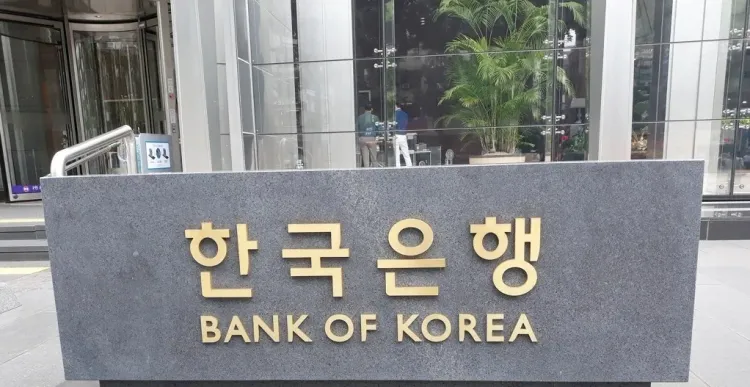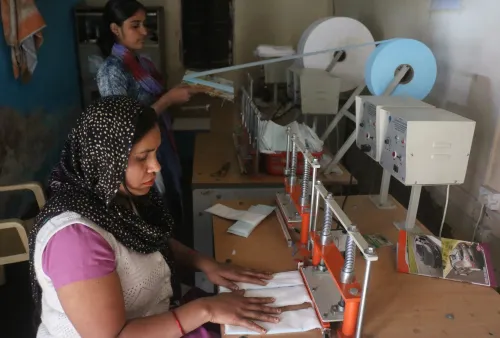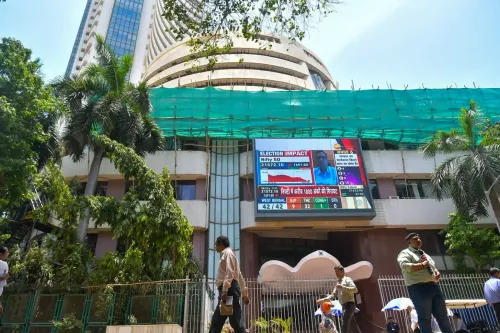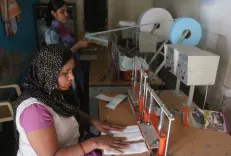South Korea Issues Warning on Rising Household Debt, Urges New Regulations

Synopsis
Key Takeaways
- Household debt levels are rising due to recent market changes.
- The Bank of Korea suggests new macroprudential measures.
- Property market deregulation may lead to higher housing prices.
- Financial stability is a growing concern for authorities.
- Regulatory changes are set to be finalized by May.
Seoul, March 13 (NationPress) Recent deregulatory actions in the real estate sector and a relaxation of banks' lending protocols may lead to an increase in household debt, prompting the need for the authorities to consider implementing further measures for financial stability, stated the central bank on Thursday.
The Bank of Korea (BOK) made this recommendation in its latest biannual monetary policy report, as government data revealed that household loans granted by banks increased for the first time in three months in February, according to Yonhap news agency.
"There are still significant uncertainties surrounding the trajectory of household debts considering the current housing market conditions and other variables," the report indicated.
"With the easing of financial conditions amidst the BOK's monetary easing cycle, banks' loosening of some lending requirements and the government's removal of certain land transaction permissions in Seoul could lead to heightened expectations of rising housing prices and consequently an uptick in household debts," the BOK emphasized.
Last year, prominent lenders enforced stringent lending rules as financial authorities aimed to curb the escalating household debt and increasing home prices.
However, some of these regulations were relaxed at the start of 2025, coinciding with a rise in loan demand during the moving season.
The Seoul municipal government also lifted parts of the so-called land transaction permission zones in specific areas of Seoul's Gangnam, Seocho, and Songpa on February 13, resulting in a significant rise in real estate prices in those neighborhoods.
"The removal of the land transaction permission areas has also influenced nearby regions, with housing transactions increasing more than anticipated recently," Deputy Governor Park Jong-woon stated. "A rise in housing transactions typically leads to greater household borrowing,"
Industry statistics indicated that housing prices in the three districts of southern Seoul surged by 0.2 percent in the second week of March, representing the highest weekly increase since August.
Banks' total outstanding household loans reached 1,143.7 trillion won ($787.34 billion) by the end of February, marking an increase of 3.3 trillion won from the previous month.
"Should the growth of household loans begin to accelerate, it will be essential to respond through additional macroprudential measures, such as broadening the scope of the debt service ratio (DSR) application," the report advised.
Tighter DSR regulations are set to be implemented in September as planned, with specifics to be finalized by May, as reported by the Financial Services Commission (FSC).
The FSC introduced the so-called stress DSR ratio, which assesses how much a borrower must pay in principal and interest relative to their annual income, acting as a cap on total lending.










